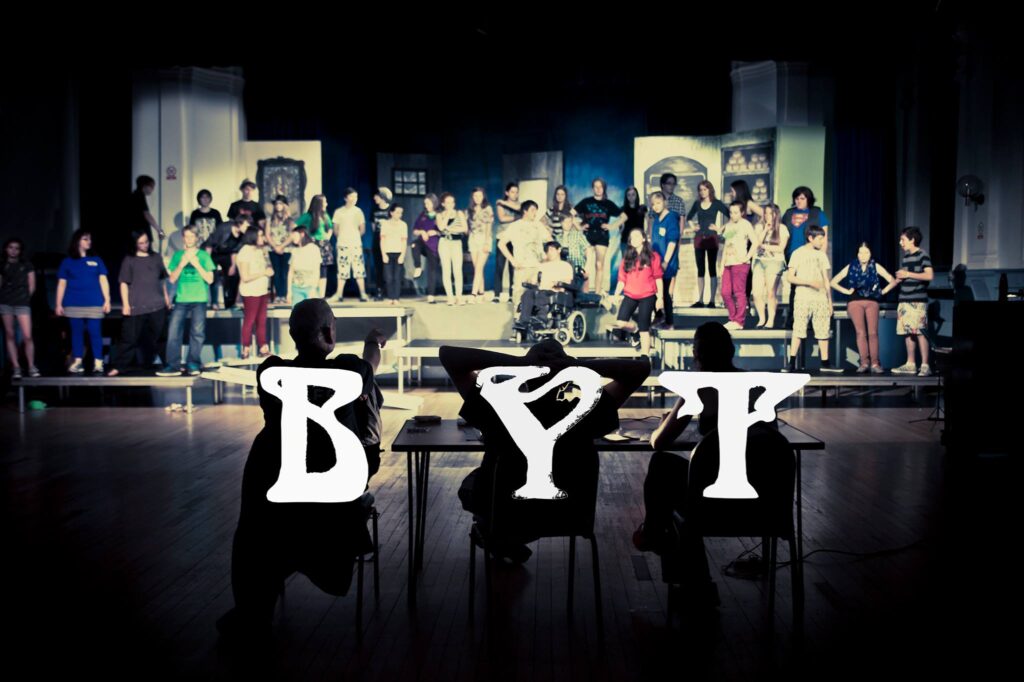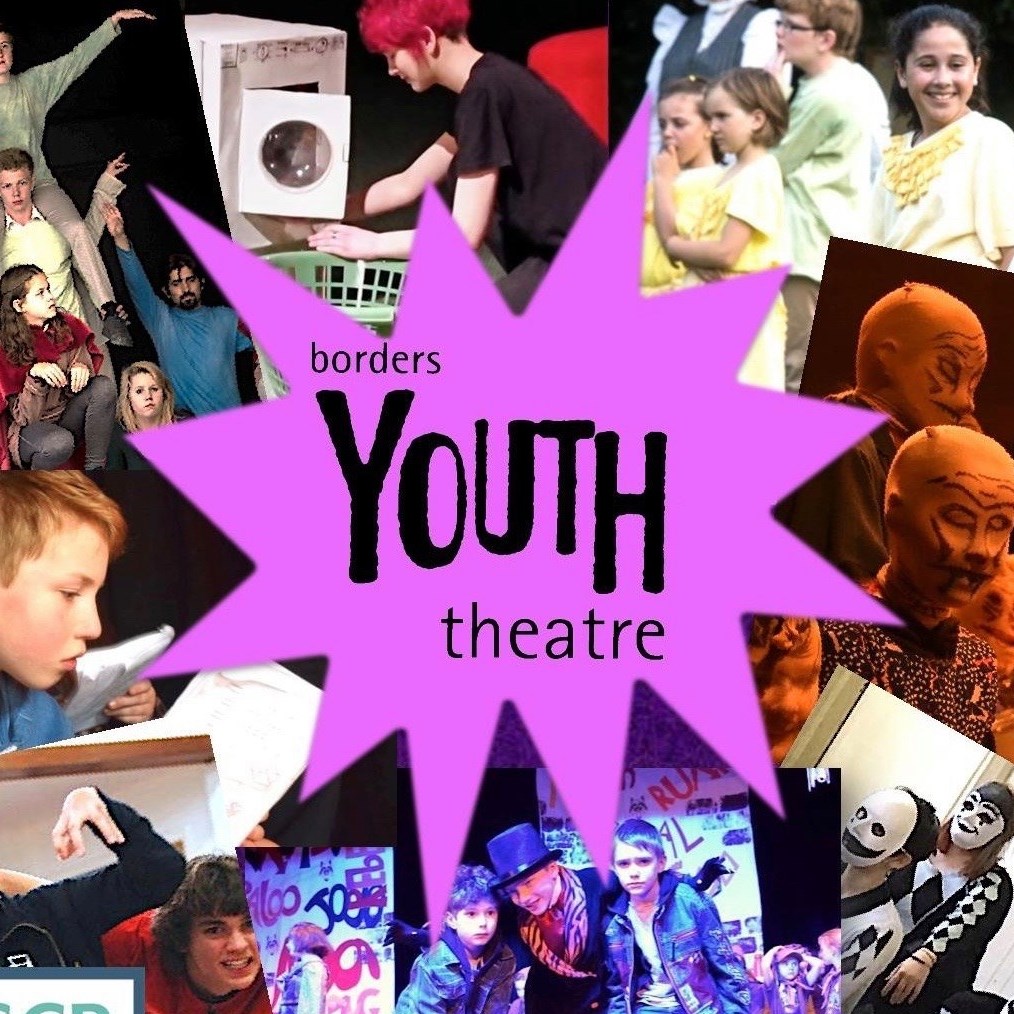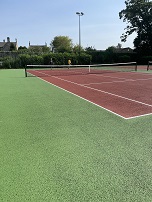The project allowed older residents from the Westruther community to share their memories and experiences with Primary 4 to 7 pupils from the primary school. In turn, the young people learned drama skills which they used to develop and perform an original piece of theatre for the older group, parents and others from the community.
In the past, younger and older members of families tended to live close to one another and share experiences. More recently, as it has become easier to move around and work patterns have changed, young and old often find themselves in different communities, making less contact with one another. This can lead to uncertainties and suspicions, even fears, building up. The aim of these Intergenerational Projects is to bring together young and older members of communities to meet and talk, share experiences and break down these uncertainties and suspicions.
Over the Summer 2024 term, pupils from Primaries 4 to 7 at Westruther Primary School worked on this project. They were led in this by two leaders from Borders Youth Theatre who have considerable experience running these projects. The pupils met several times with a number of the older residents from the surrounding area. They asked them to share their memories of life as a child – school, home, entertainment, games and food. The interviews were recorded and transcribed. From these, the young people shared this information with one another and chose the information which they found most interesting. With the help of the leaders from Borders Youth Theatre, they young people then tried to re-create some of these memories as drama sketches. The result was an original piece of theatre which was performed to the older group and to peers, parents and the community at large in the local village hall. This was good fun and enjoyed by all.

Although the performance is the end product which everyone can see, it is not the main aim of the project. More important are the links which are made between older and younger generations, the sharing of information and experiences and the breaking down of some of the barriers and misconceptions which sometimes exist. We hope that some of these links might continue in the future. The young people have learned to gather then select and share information, to work with others to develop ways to portray this information and, finally, to work as a whole group to prepare something they can perform to a wider audience.
It is hoped the young people have also learned something of what their life might have been like 60 or more years ago and that older people have led interesting lives and are still interesting people. (A full summary of pupil feedback is included.) We are grateful to all the older residents who took part. They are obviously essential to the project. We know from feedback that the older folk have enjoyed meeting the young people. They realise that their own experiences are interesting and valuable and that, although life now is very different to that of 60 years ago, young people are much the same. We are particularly grateful to the staff at the school who all made us most welcome.
This project would not have been possible without the financial support of Blackhill Windfarm Community Fund. We are particularly grateful to them for supporting a project which is slightly outside their focus area.
Thank you



